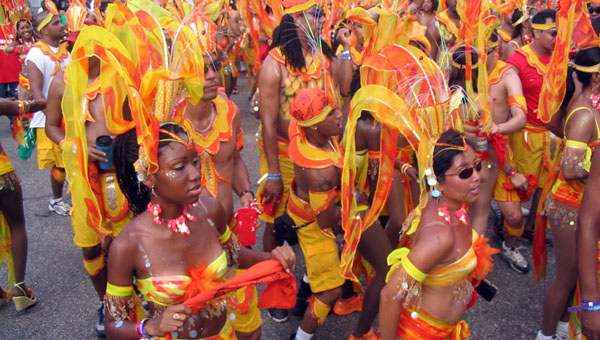The Editor,
Beyond a shadow of a doubt, the University of the West Indies (UWI) is an ethnically-biased academic institution of teaching and learning.
For three days, every year, in the multi-ethnic society, the Faculty of Humanities and Education at the UWI in Trinidad and Tobago, has been organising a symposium on Carnival — but not even a half-day, annual seminar on the Amerindian Santa Rosa Festival, Hosay, Phagwa, Divali or Ramlila.
Although Ramlila was proclaimed by UNESCO as a masterpiece of the oral and intangible heritage of humanity in 2005.
Another 3-day Carnival symposium, themed “The Mas(s) in We”, was held recently, from February 24 to 26.
These are all national festivals celebrated and shared by nationals for generations, but they do not all receive the same equitable treatment as Carnival enjoys.
The concept that Carnival (and Mashramani in Guyana) is the only national festival, has to be debunked. There cannot be a single national festival in a multi-ethnic society.
Firstly, Adventists, Muslims, Pentecostals and other religious groups do not participate in Carnival. Secondly, there is a massive, island-wide retreat to the rivers, beaches, beach houses and overseas destinations during Carnival.
Thirdly, pan players, calypsonians, soca artistes, stickfighters, traditional Carnival characters, etc., as well as Canboulay performers, are almost exclusively Afro-Trinidadians.
The Indo-Trinidadians, who participate, are mainly consumers rather than producers of Carnival.
Sincerely,
Dr. Kumar Mahabir, Anthropologist,
San Juan, Trinidad and Tobago
 Pride News Canada's Leader In African Canadian & Caribbean News, Views & Lifestyle
Pride News Canada's Leader In African Canadian & Caribbean News, Views & Lifestyle


